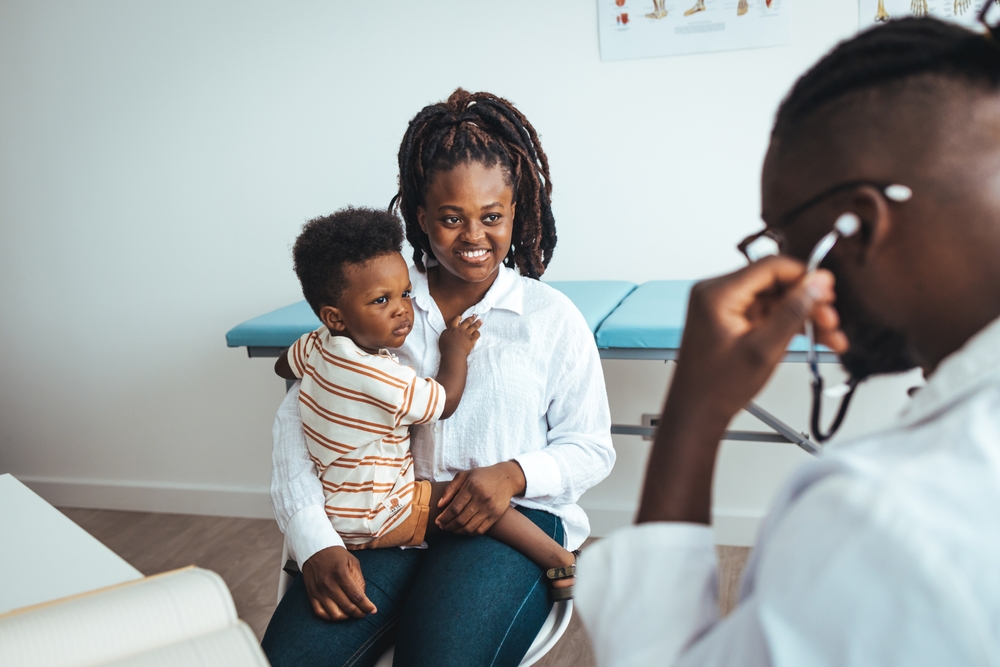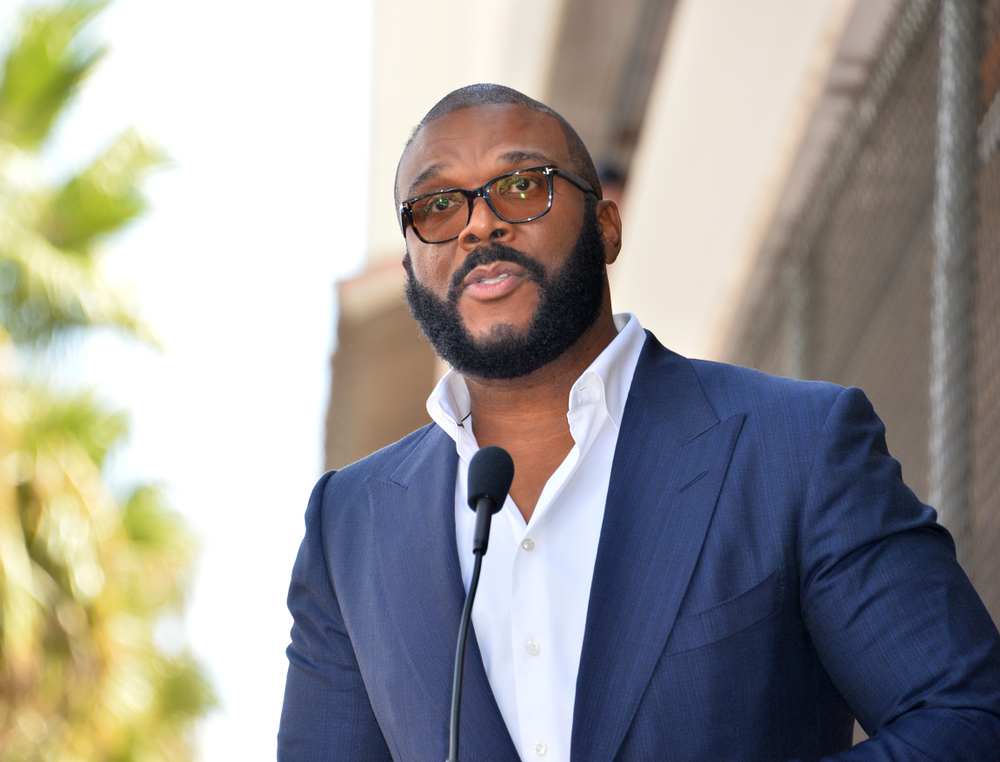Although they face some challenges, positive changes are being made to a variety of healthcare systems in Africa.
Here are some of the best and most improved healthcare systems on the continent.
- Rwanda: Rwanda’s healthcare system has immensely improved, particularly in recent years. Although it still has work to do, particularly when it comes to addressing the worker shortage, the country’s government offers solutions, including designating four healthcare workers in each of the 15,000 villages.
According to the Harvard Review, Rwanda has improved its ability to treat 80% of people diagnosed with malaria. Vaccination rates have also skyrocketed under a universal healthcare system, increasing to 94% in 2015 from less than 30% in 1995. Universal healthcare coverage averages about $2 USD, and patients don’t need to pay more than 10% of out-of-pocket coverage.
In improving its healthcare system, Rwanda has made significant progress by providing high-quality medical services and better infrastructure. Notably, 93% of mothers receive assistance from medical professionals during childbirth. pic.twitter.com/V5TzHQfpq1
— Ministry of Health | Rwanda (@RwandaHealth) March 5, 2024
- Guinea: Although reforms can still be made, RTI, USAID, and Guinea’s Ministry of Health have notably created a program that will increase access to quality health care across three regions in Kenyan cities. With the program, citizens have access to an equitable care package to tackle rates of sickness such as malaria.
Progress in the country has particularly been made when it comes to addressing Guinea’s high rates of cervical cancer. According to the World Health Organization, approximately 32 local centers are available for patients to get free cervical cancer screenings. Whereas the mortality rate used to be 71%, improvements have made it so that over 50% of those with the type of cancer have been diagnosed in stages one or two.
Universal Health Coverage means providing available, accessible and affordable health care for individuals, families and communities.#UHC will help us achieve #SDG3, 'Ensure healthy lives and promote well-being at all ages'. pic.twitter.com/p8XagBpvrW
— WHO African Region (@WHOAFRO) February 26, 2024
- Morocco: Morocco’s state currently supplies citizens with access to 159 public health sectors. Approximately 85% of the population seek healthcare at these public hospitals. Although the healthcare system is struggling with issues such as resource disparities, the state announced in 2023 that they’ll be devoting $2.8 billion to improving health care for citizens; the newest investment marked an increase from the previous 2022 budget of $2.3 million.
- Ghana: Currently, there’s an imbalance of access to health care centers with urban cities in Ghana having access to a majority of medical professionals. Approximately 69% of citizens are covered under the country’s National Health Insurance Scheme and other private health plans. Improvements however are expected as, earlier this year, Ghana’s government and the U.S. announced that they’ll be devoting $25 million to help improve health services offered in the country. Through the program, Ghana’s health centers will be strengthened with additional equipment and training.
Healthcare delivery: Ghana’s first faculty of Neurosurgery inaugurated to aid healthcare delivery. #JoyNews pic.twitter.com/Mnicuno7lO
— JoyNews (@JoyNewsOnTV) March 4, 2024
- Tunisia: Tunisia reportedly boasts amongst one of the best healthcare insurances in Africa. Nearly 100% of people giving birth are attended by a professional birth attendant. According to the Borgen Project, over 90% of the citizens in the country have some type of health insurance. Following COVID-19, however, Tunisian health officials announced that they didn’t have enough departments and doctors ready to deal with the pandemic. Since then, with aid from UNICEF, the country has added medical equipment, such as incubators and defibrillators, and has controlled rates of COVID-19.








